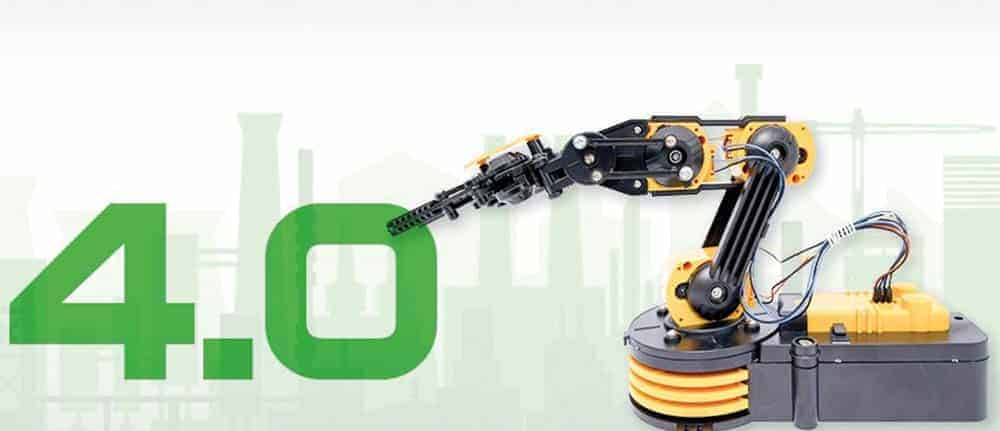Transformation at the expense of net neutrality, or vice versa?


All data is the same online. And will some soon be more equal? Ever since EU Digital Commissioner Günther Oettinger proposed his plans for financing the expansion of the network across Europe, the debate has been heated.
Anyone who wants their data to be given priority on the data highway will have to pay more for it. According to Oettinger, these additional revenues should in turn be used by telecommunications providers to expand the network. There would then no longer be a neutral network as before, in which all data would be treated equally.
This debate on the topic of net neutrality is currently dividing those involved into two camps. On the one hand, those who see its repeal as a disadvantage for private consumers because their data packets might be transmitted with lower prioritization. The others, who would pay a little more for competitive advantages.
The sooner companies are able to analyze data, the faster they can react. From a business perspective, one thing is therefore clear: the development towards Industry 4.0 and the ever-increasing networking of everything (Internet of Things, IoT) must be mastered in Germany in order not to miss the global boat.
However, as the local telecommunications network is not yet designed for the digital transformation, which requires additional capacity, a solution via fast lanes on the Internet would certainly be welcome.
Faster or preferential data transmission for multiple users would only be a short-term solution. Much more important, however, is the fundamental expansion of telecommunications networks in Germany and the EU.
Investments are needed to drive forward new business models. Dead spots are not an option in the IoT age. Investments in network expansion should not be made by the consumer alone.
The fact is that our networks - as things stand today - cannot cope with the digital transformation that the majority of companies are currently striving for. We can now be annoyed that providers, businesses and politicians have not acted with sufficient foresight.
The fact that the creation of a solid technical basis now has to be outsourced to network operators is nevertheless necessary if we want to remain competitive as a country.
Within DSAG, we are therefore also addressing issues relating to the optimization, expansion and new methods for infrastructures that are intended to pave the way for Industry 4.0 across the board. An inadequately developed network should not and must not diminish the power of innovation in this country.
Unfortunately, in reality this is rather subdued. It is therefore all the more important to make equal efforts in both areas - promoting new business models and expanding the network - in order to move Germany forward as a business location.
Head treasures instead of mineral resources
Because we should be aware of one thing: We don't have mineral resources in Germany, we primarily have head treasures. We therefore need to stop passing responsibility for site development from A to B and on to C, and instead work with politicians to develop a concept that we can implement in practice.
In the discussions in our working groups, we have established that our members are very well positioned in machine-to-machine communication at company level, i.e. in the area of sensor technology.
What is often still missing is the idea of what can be made of it or developed further and how new business models can in turn be developed into the market from the use of new technologies and increasing networking in the background.
There are many possibilities - you just shouldn't let external factors stop you from thinking outside the box.






